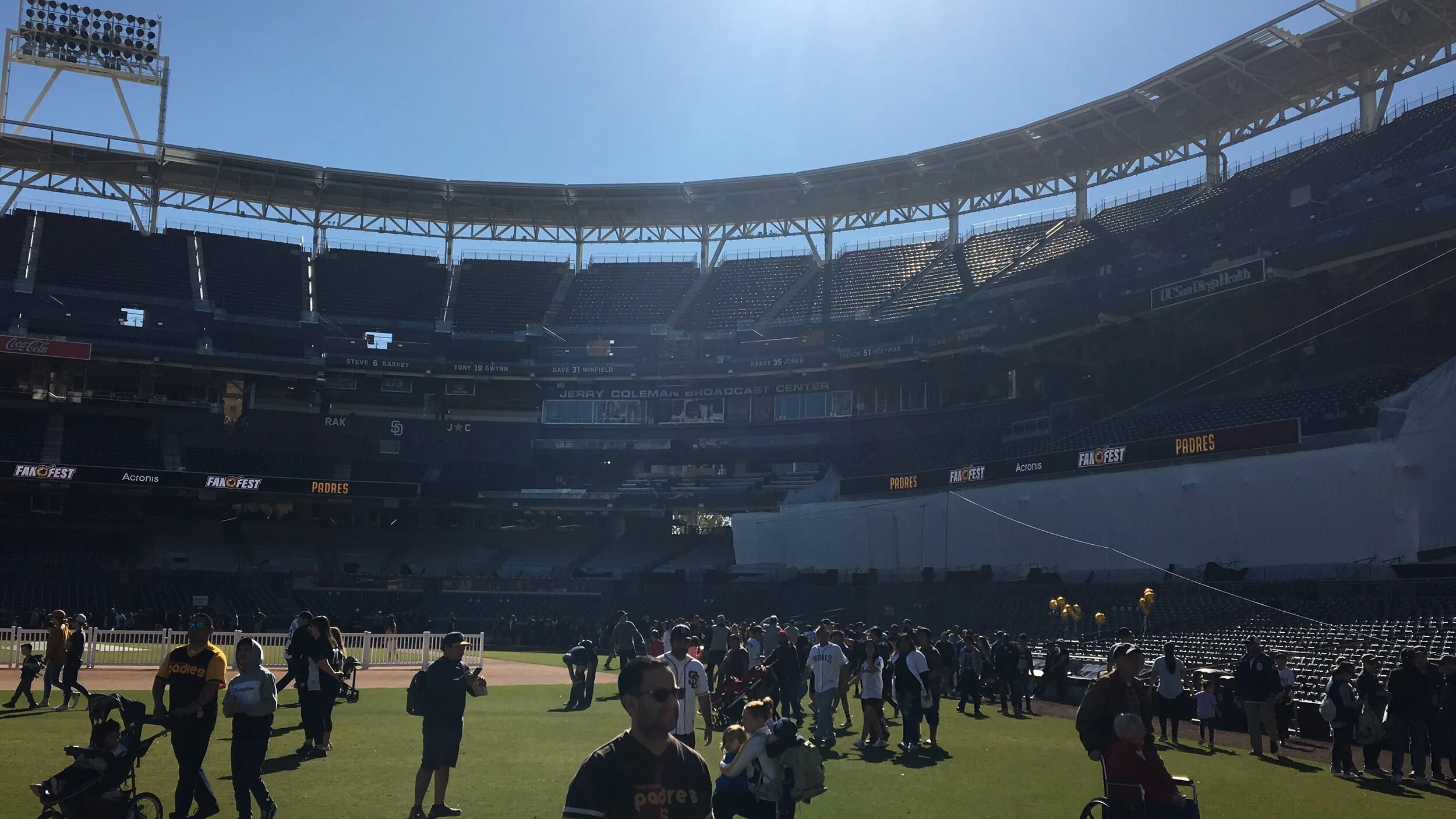On Improvement

Have the Padres noticeably improved since AJ Preller was named the club’s 10th General Manager? Certainly not in terms of their record. As far as that goes, they’ve gotten markedly worse. Despite spending more than any GM in team history, despite running the highest payroll in team history, the team Preller constructed in 2019 finished last in the NL West and lost 15 of their final 17 games. Oh, he also fired the manager with less than 10 games to go in the season, which is either spitefully beautiful or beautifully spiteful. Nothing the players have done on the field since Preller became GM suggests that the Padres are closer to winning a championship now than they were before they hired the rock star. (I can already hear someone out there saying “but Tatís!” and to that I would simply say “Junior Griffey.”)
But, you know, if you only measure success by championships then only 1 team is successful and 29 teams fail every singly year. While that may be true in a Ricky Bobby “If you ain’t first you’re last” type way, it’s also patently ridiculous. To quote no less an authority on success (and failure) than Carlton Fisk: “Sometimes, just because you could have done better doesn’t mean you’ve done badly.” And, as much as lots of fans like to pretend that all they care about is winning and nothing else matters, when it comes down to it nobody truly believes that. Not in a sport where an 82-80 team can make the playoffs and a 93-69 team can miss out in the same year.
So no, the Padres haven’t improved in the most basic sense but we don’t really care about that any way. So then how should we measure improvement?
Yesterday I attended Padres FanFest for the first time ever. Thanks in no small part to Twitter homie Big Kid Georgie I managed to snag an invite to the Social Summit event, which was a pretty interesting experience. I felt a little uncomfortable because I am both literally and figuratively a pretty peripheral member of Padres Twitter. I don’t attend games, I miss out on a lot of Twitter interactions because of the time difference, and, well, I like to pretend that I’m not such a fucking weirdo as most people on Padres Twitter. (This last one is ridiculous on its face - I watch Padres games in South Africa! I pay money from my own pocket to have a website where I can bitch about the team whenever the mood strikes! If anybody on Padres Twitter is weird it’s the guy watching a terrible team from 10,000 miles away in the middle of the winter on his iPad.)
Attending the Social Summit, as with FanFest as a whole, made me start to reconsider some things I thought I knew about the Padres. Frankly, I used to think their marketing and public relations were disastrous. Ron’s insistence on blue, the platitudes from Partello, the bored-to-death social media presence. Most significantly, the team’s absolute failure to capitalise on the NFL’s clusterfuck in the city. All these things suggested a franchise that at best didn’t really know what it was doing and at worst simply took its fans for granted. And I tended towards the latter.
I don’t think that’s the case anymore, and not just because I got to attend an access-controlled event and ask Chris Paddack a question about sign-stealing. (His answer was the sign-stealing equivalent of “I just want to give it my best shot and, the good Lord winning, things will work out.”) The Padres actually seem to care now. The owners consistently spend money on players, which in and of itself is incongruous with the history of professional baseball in San Diego. The fans are being taken into consideration regarding the club’s visual identity, which some people pretend isn’t important but absolutely is. That’s never happened in the history of the franchise - nobody was asking for a “Dodres” hat in 1999, just like nobody (even fans of blue) was asking for plain blue and white in 2012, but back then the club didn’t care what fans wanted. The thought seemed to be “you’ll just accept what we give you, because if you love baseball what the fuck else are you gonna do?” I think that attitude is gone.
And I will admit: what Preller is doing feels legitimate, as opposed to 2015 which felt slap-dash and halfhearted. Even if I don’t believe in it, he does, which is what matters. I’m just an asshole on the internet, what the fuck do I know? If the Padres fail on the field it won’t be for a lack of trying, which is more than can be said for lots of teams in MLB.
Success is hard to define and, ultimately, ephemeral. But it sure seems like the Padres, as an organisation, have improved. And that is significant.